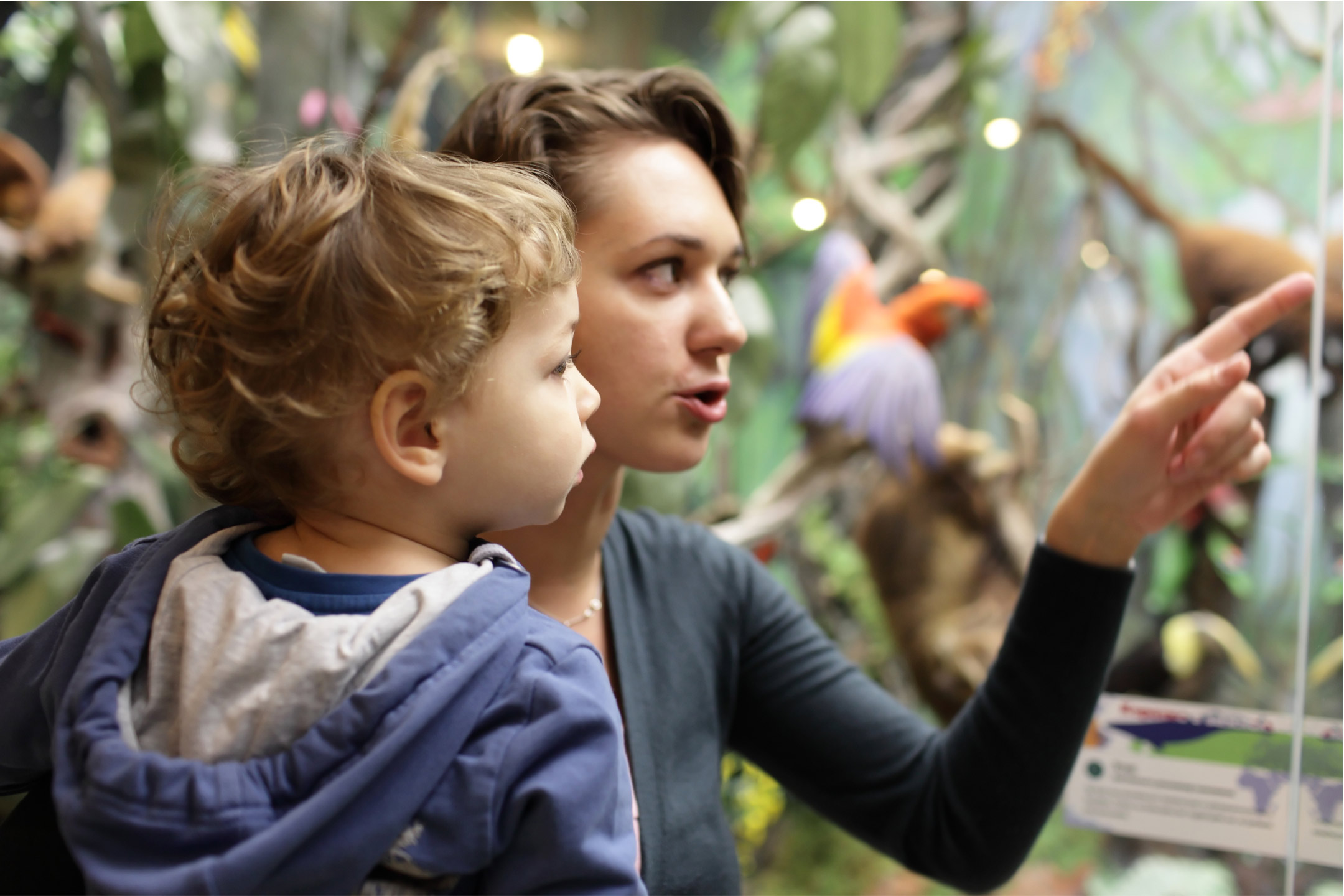
10 Feb ‘Mummy-brain’ lasts a lifetime
‘Mummy-brain’ lasts a lifetime – and is beneficial in later life, writes Winnie Orchard. Our understanding of the parental brain is, itself, still in its infancy.
It’s well-understood that the extreme hormonal fluctuations of pregnancy prepare a mother’s body for the physical aspects of motherhood – growing a child, giving birth, and producing breast milk.
But what we’re beginning to understand now is how the hormonal changes prepare her brain for the behavioural, mental and emotional tasks of caregiving.
This is what we colloquially call “mummy-brain” or “baby-brain”. The social brain itself has been restructured.
Throughout early motherhood, brain areas responsible for empathy and theory of mind – the ability to understand another person’s thoughts, feelings or needs – are fine-tuned. Theory of mind abilities are important for providing appropriate care, particularly for pre-verbal infants, where mothers must accurately identify, and sensitively respond, to changing needs.
It appears the brain does this to support the behavioural tasks of motherhood, with changes in maternal brain volume associated with better attachment, more positive opinions about their babies, and more confidence in one’s own parenting ability.
The ways in which the brain changes in matrescence are structurally very similar to how the brain is changing in adolescence.
The tasks of parenthood last a lifetime – once a mother, always a mother. However, the tasks change with the development of the child, from changing nappies to helping with homework, driving lessons, and beyond.
Children’s needs continue to shift for years – even decades – and many parents have to juggle the needs of more than one child at different stages of dependency. Providing appropriate care for growing children requires parents to rapidly learn skills and behaviours on the job.
The transition to parenthood represents a developmental milestone for parents themselves. We call this transition to motherhood “matrescence”, like “adolescence” – and this is appropriate, as motherhood can be considered a sort of “second puberty”.

As the changes of adolescence prepare the body and brain for adulthood, pregnancy and the postpartum period prepare women for motherhood. The ways in which the brain changes in matrescence are structurally very similar to how the brain is changing in adolescence.
However, parenthood research is extremely under-studied compared to other developmental periods such as early development, puberty, menopause, and ageing. Our understanding of the parental brain is, itself, still in its infancy.
Knowing that the brain changes across the transition to motherhood, and that the behavioural, mental and emotional requirements of motherhood last a lifetime, our team expected to be able to see an impact of motherhood when looking at the brains of elderly parents.
Once a mother, always a mother – at least in your brain!
The Cognitive Neuroimaging Team at Monash Biomedical Imaging investigated the late-life maternal brain at Monash University in 2020. The team, which I led with Dr Sharna Jamadar, investigated the structure and function of the maternal brain in women in their 70s and 80s – three or more decades after they became mothers.
We found elderly women with more children have thicker grey matter in the parahippocampal gyrus, a brain region related to memory. This is particularly exciting because mothers with more children also showed better memory for words.
There was also a relationship between the number of children a woman has and brain function. Elderly women with more children showed patterns of brain activity in the opposite direction to what we see in age-related decline.
In other words, more children parented can mean “younger” patterns of brain function, suggesting motherhood offers a neuroprotective effect to brain function in late-life.
This research shows a consistent pattern across brain structure, function and cognition that suggests motherhood is neuroprotective for the ageing maternal brain.
I discussed these studies with Dr Jodi Pawluski, an international leader in parental neuroscience research, on her podcast Mommy Brain Revisited: The Neuroscience of Parenthood – Enduring Effects of Parenting on the Brain.
Complex environments (like motherhood) benefit the ageing brain
We attribute these neuroprotective effects to the ongoing environmental demands of motherhood. Complex and new environments result in healthier, more flexible and more resilient brains in both humans and rodents. The life-long experience of motherhood provides this sort of environmental complexity, keeping mothers on their toes well into late-life.
It’s still far too soon to say that motherhood is outright beneficial for the ageing human brain. However, our recent findings suggest that motherhood physically and functionally reshapes the brain for a lifetime, and is potentially beneficial for the ageing maternal brain.
You can help the research. I’m currently recruiting participants for the NAPPY (Neural Adaptations of the PostPartum Year) study), where I compare the brains of mothers when the baby is 10-14 months old, to those of women who have never been pregnant. I’m seeking women over 30 who have never been pregnant.
Find out more about this research and how to get involved by watching our videos on the Maternal Brain Facebook page.
Winnie Orchard is a PhD Candidate, Turner Institute for Brain and Mental Health and Monash Biomedical Imaging, at Monash University. Her research investigates the structural and functional brain changes associated with parenthood.
This article was first published on Monash Lens. Read the original article




